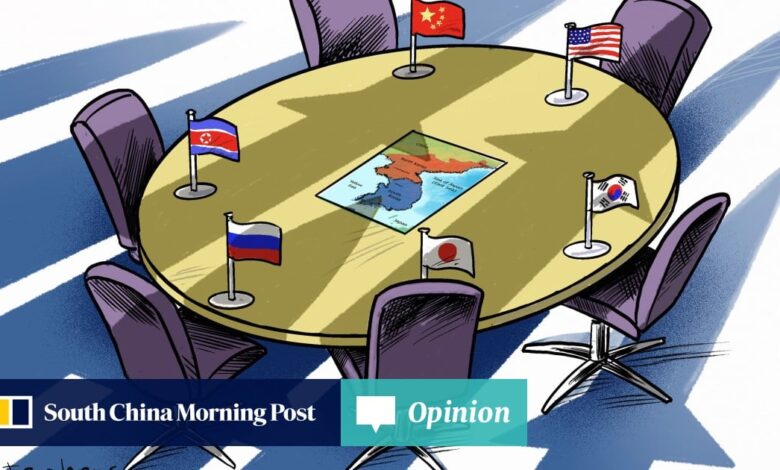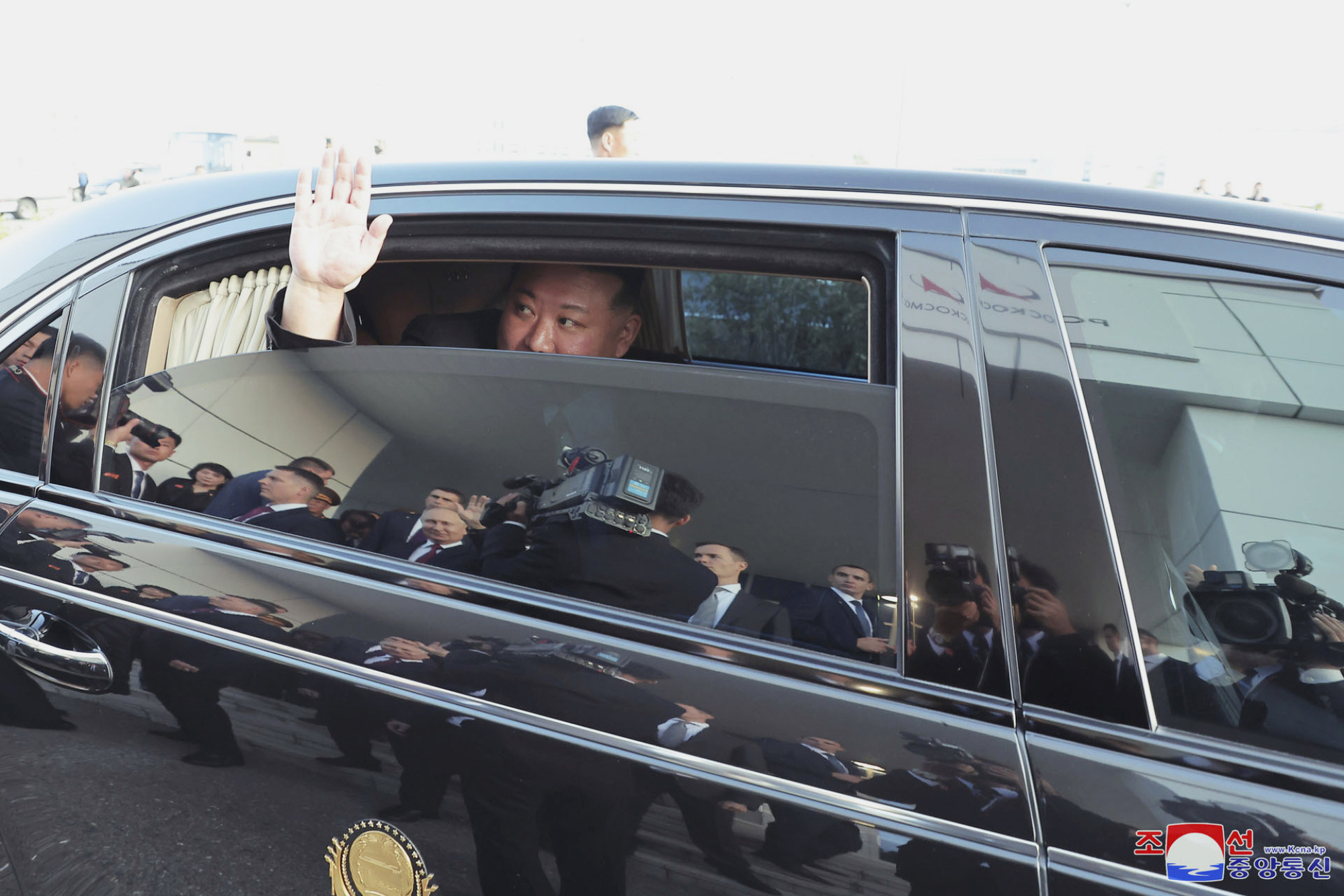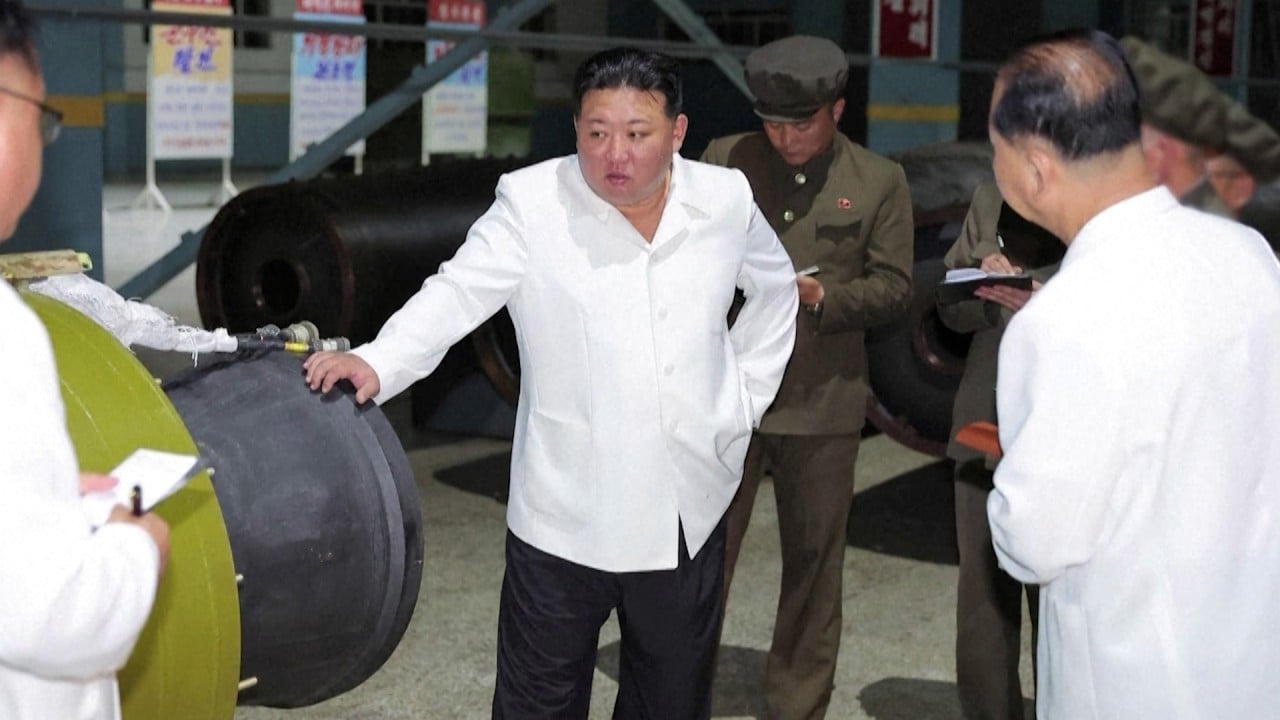Opinion: North Korea crisis: six-party talks the only way to avert nuclear war

One dangerous consequence of the disintegration of the global security system is the growing threat of nuclear proliferation.
To prevent proliferation, there should be a minimum level of mutual trust among the great powers. Such trust is absent today, which deters joint action even when it is in their common interests.
It is no wonder that Kim feels no political or moral obligation to move towards the denuclearisation of the Korean peninsula and, on the contrary, intends to use all the above-mentioned trends to justify turning his country from a de facto into a de jure nuclear power.
So, is a nuclear arms race on the Korean peninsula inevitable? Is a nuclear war in Northeast Asia already looming on the horizon? The situation is serious, but it is in no way hopeless.

Today, the starting conditions for any multilateral format on the problems of the Korean peninsula look much more complicated than they were back in 2003.
Increasing geopolitical confrontation between the great powers will inevitably cast its dark shadow over any attempt to resume multilateral diplomacy. Nevertheless, the revival of multilateral talks remains a precondition for stabilising this volatile region and prevent it from sliding further into rigid bipolarity.
The immediate task of such talks should not be the instantaneous nuclear disarmament of North Korea (such an enterprise would be stillborn), but rather a gradual creation of appropriate mechanisms for controlling nuclear and ballistic weapons, ideally not only North Korean.
This should include confidence-building measures in the military field, as well as mechanisms for managing crises and strengthening stability. One could start with relatively simple technical measures such as military-to-military contact or information-sharing, and slowly move to something more far-reaching.
The issue of the complete denuclearisation of the Korean peninsula should stay on the agenda, but it must be considered in the context of the geopolitics of the wider region.
Denuclearisation of the Korean peninsula is very important, but peace in Northeast Asia is even more important. It is only when all nations in the region feel reassured that the threat of a military conflict is gone that Northeast Asia can avoid a new arms race and gradually move towards a complete elimination of nuclear weapons on the Korean peninsula. In other words, one should treat the causes of regional insecurity, not the symptoms of it.
To resume the six-party dialogue would be a challenging undertaking. It is further complicated by the diverging political trajectories of different countries in the region. Any security system in the region will have to be built taking into account the political pluralism present there.
The task to manage such diversity is not easy, but it is not unachievable if all parties have a political will to maintain peace. And if the international community is successful in herding cats in this region, it will have higher chances of doing the same in other dangerous corners of our disintegrating planet.
Andrei Kortunov is academic director of the Russian International Affairs Council (RIAC)



 Casino Welcome Bonus
Casino Welcome Bonus